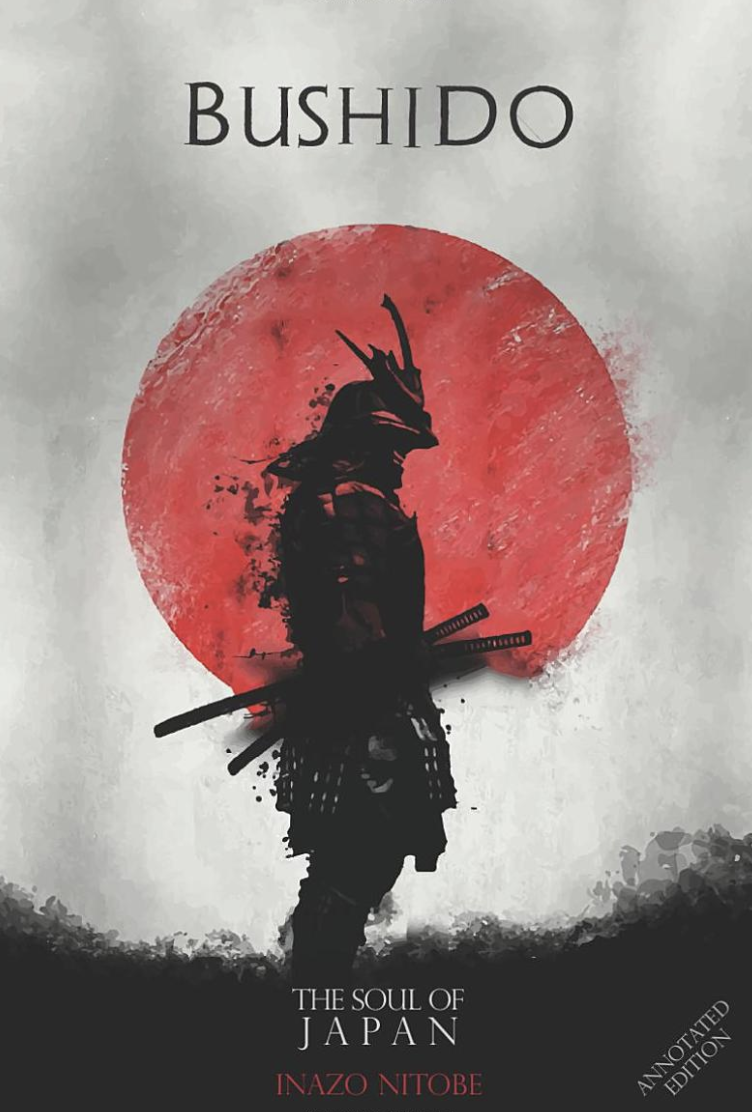Quotes from Bushido: The Soul of Japan | Inazo Nitobe

Quotes from Bushido: The Soul of Japan by Inazo Nitobe:
- A truly brave man is ever serene; he is never taken by surprise; nothing ruffles the equanimity of his spirit. In the heat of battle he remains cool; in the midst of catastrophes he keeps level his mind. Earthquakes do not shake him, he laughs at storms. We admire him as truly great, who, in the menacing presence of danger or death, retains his self-possession; who, for instance, can compose a poem under impending peril or hum a strain in the face of death. Such indulgence betraying no tremor in the writing or in the voice, is taken as an infallible index of a large nature—of what we call a capacious mind (Yoyū), which, far from being pressed or crowded, has always room for something more.
- Knowledge becomes really such only when it is assimilated in the mind of the learner and shows in his character.
- Tranquillity is courage in repose. It is a statical manifestation of valor, as daring deeds are a dynamical. A truly brave man is ever serene; he is never taken by surprise; nothing ruffles the equanimity of his spirit.
- Chivalry is itself the poetry of life. —SCHLEGEL, Philosophy of History.
- … where life is more terrible than death, it is then the truest valor to dare to live
- Tranquillity is courage in repose.
- The spiritual aspect of valor is evidenced by composure—calm presence of mind. Tranquility is courage in repose.
- Courage is doing what is right
- Righteousness is a straight and narrow path which a man ought to take to regain the lost paradise.
- The life of man is like going a long distance with a heavy load upon the shoulders. Haste not.
- The end of all etiquette is to so cultivate your mind that even when you are quietly seated, not the roughest ruffian can dare make onset on your person.” It means, in other words, that by constant exercise in correct manners, one brings all the parts and faculties of his body into perfect order and into such harmony with itself and its environment as to express the mastery of spirit over the flesh.
- Learning without thought,” said Confucius, “is labor lost: thought without learning is perilous.” When character and not intelligence, when the soul and not the head, is chosen by a teacher for the material to work upon and to develop, his vocation partakes of a sacred character.
- Calmness of behavior, composure of mind, should not be disturbed by passion of any kind.
- Bu-shi-do means literally Military-Knight-Ways—the ways which fighting nobles should observe in their daily life as well as in their vocation; in a word, the "Precepts of Knighthood," the noblesse oblige of the warrior class.
- But one who speaks in a borrowed tongue should be thankful if he can just make himself intelligible.
- Modesty and complaisance, actuated by respect for others' feelings, are at the root of politeness.
